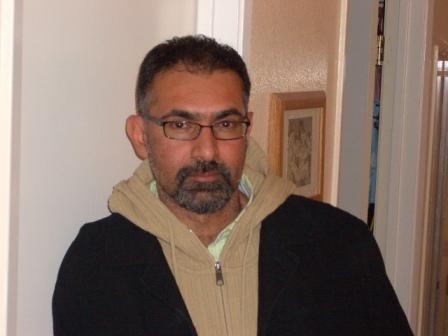Mwalimu’s legacy, eight years after his death and nearly twenty years after his resignation as the president and chairman of Chama Cha Mapinduzi (CCM), lives on among the intelligentsia—and veteran politicians. On this day of remembrance, the current political leadership was challenged by the veteran politicians, academics, and renowned journalists at the “Nyerere Day Debate” held at the
A renowned journalist, Jenerali Ulimwengu, implored that “it is a total misconception to think that peace, national unity and solidarity, came from thin air. These were created by the Mwalimu’s good policies and leadership.”
It is likely that what Mwalimu achieved over the years may disintegrate if current levels of corruption, bad governance and donor dependency are not curbed. Equally critical was Prof. Issa Shivji who said that country lacks a clear “national social vision geared at benefiting all.”
Is this all partisan rhetoric? Whatever, for me it is heartening to read of this open criticism in the press and at symposiums in presence of current high ranking government leadership. We have come a long way to hold and preserve this liberty and the expression of thought, which during early years of Mwalimu, were curbed and censored. It is not uncommon to hear Tanzanians today express their displeasure of current government openly.
“Are guidelines set by the government on editorial content,” I asked The Guardian journalist.
“No. We are at liberty with the content. Nor do we tow the party line, though I think the managing editor does exercise his or her judgment.”
But the deference and awe towards African state leaders displayed earlier, by the older generation, is waning, or not present, among the young generation; they are not tolerant of the rhetoric; they see through it. They want to see the results.
Undoubtedly, JK’s leadership is under close scrutiny, with all the corruption scandals surfacing at the behest of PCCB, an official governing body that adheres to the principles of transparency and accountability. Ironically, reports have surfaced on the net, as well as in the media, that the head of the PCCB has been implicated in charges of graft, which he has vehemently denied.
A well placed official in the government told me if I had a magic wand, the first thing I would want to do is brandish among the pack of wolves in the cabinet and high places that are corrupted to the bone—and cure them of this evil and pernicious malady that has afflicted us. But he told me secretly that he has faith that over time it will wane.
A voice inside me, without justifiable or tangible results, echoes his optimism.

No comments:
Post a Comment